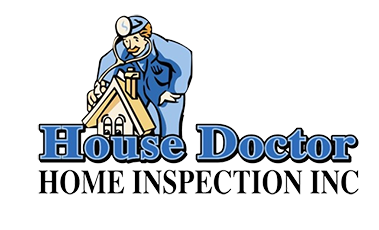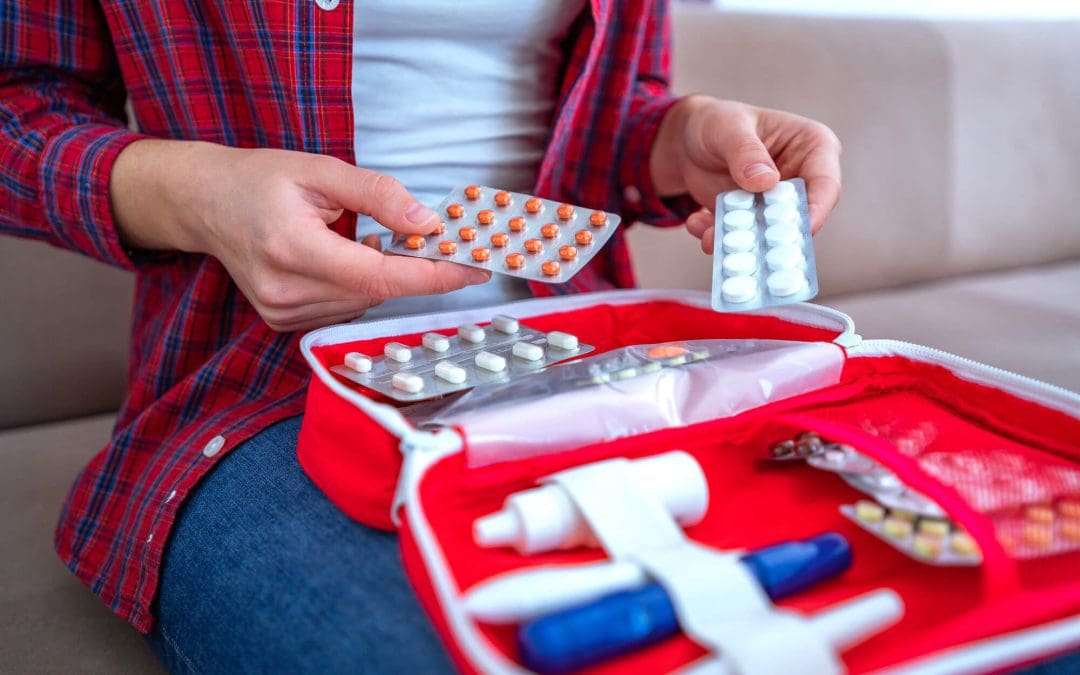Ensuring the safety of your home is paramount. With the right measures in place, you can protect your loved ones and your property from various risks. Here’s a comprehensive guide on home safety essentials to help you create a secure living environment.
Home Safety Essentials: Secure Entry Points
The first line of defense for your home is its entry points. Make sure all doors and windows are sturdy and have reliable locks. Consider installing deadbolts on all exterior doors, and use window locks or security bars for additional protection. Sliding doors can be secured with a metal rod or a dowel placed in the track to prevent them from being forced open.
Install a Security System
A good security system is a vital component of home safety. Modern systems offer a range of features, including motion detectors, cameras, and smart locks. Some systems can be integrated with your smartphone, allowing you to monitor your home remotely. Signage indicating the presence of a security system can also deter potential intruders.
Maintain Good Lighting
Ample lighting improves your home’s safety. Install exterior lighting around your home, particularly near entry points. Motion-activated lights are especially effective, as they can startle intruders and alert you to their presence. Inside, use timers on lights when you’re away to give the appearance that someone is home.
Fire Safety Measures
Fire safety is crucial in any home. Install smoke detectors on every level of your home, particularly near bedrooms. Test them regularly and replace the batteries at least once a year. Additionally, keep a fire extinguisher in an easily accessible location, such as the kitchen, and ensure everyone in your household knows how to use it. Create and practice an escape plan with your family so everyone knows what to do in case of a fire.
Carbon Monoxide Detectors
Carbon monoxide is a silent killer because it is odorless and colorless. Install carbon monoxide detectors near sleeping areas and on every level of your home. Test these detectors regularly and replace them according to the manufacturer’s recommendations. Be aware of carbon monoxide poisoning symptoms, such as headaches, dizziness, and nausea, and take immediate action if an alarm sounds.
Safe Electrical Practices
Electrical safety is another crucial aspect of home safety. Avoid overloading outlets and using extension cords for long-term solutions. Regularly inspect electrical cords for damage and replace them if necessary. Hire a qualified electrician to handle wiring issues and ensure your home’s electrical system meets current safety standards.
Childproofing Home Safety Essentials
If you have young children, childproofing your home is essential. Use safety gates to block off dangerous areas, such as staircases and kitchens. Install outlet covers to prevent electrical shocks and keep small objects out of reach to avoid choking hazards. Secure heavy furniture to the wall to prevent it from tipping over, and use cabinet locks to keep hazardous substances out of reach.
Emergency Preparedness and Home Safety Essentials
Being prepared for emergencies can make or break your handling of unexpected situations. Keep a well-stocked emergency kit with essentials such as water, non-perishable food, a flashlight, batteries, a first-aid kit, and any necessary medications. Familiarize yourself with your home’s utility shutoff points, such as water, gas, and electricity, and know how to turn them off in case of an emergency.
Regular Maintenance
Regular maintenance of your home can prevent many safety hazards. Check your home for issues such as loose railings, uneven walkways, and leaks. Address these problems promptly to avoid accidents and costly repairs in the future. Regularly service heating systems, water heaters, and other appliances to ensure they operate safely and efficiently.
Educate Your Family on Home Safety Essentials
Educating your family about home safety is one of the most effective ways to ensure everyone’s security. Discuss safety plans and procedures with all household members, including children. Conduct regular safety drills and review emergency protocols to keep everyone prepared. Encourage open communication about safety concerns and work together to address any issues that arise.
By implementing these home safety essentials, you can create a secure environment for your family and protect your home from potential hazards. Regularly review and update your safety measures to adapt to new risks and technologies, ensuring your home remains a safe haven.
FAQs
What are the most important factors when choosing a home security system?
When selecting a home security system, consider factors such as the type of monitoring (professional vs. self-monitoring), the range of features (cameras, motion sensors, smart home integration), ease of installation, and the cost of equipment and monthly fees. Additionally, look for systems with reliable customer support and positive reviews.
What are the signs of carbon monoxide poisoning, and how can I prevent it in my home?
Common symptoms of carbon monoxide poisoning include headaches, dizziness, weakness, nausea, vomiting, chest pain, and confusion. To prevent carbon monoxide buildup, ventilate fuel-burning appliances, have regular maintenance checks, and never use portable generators, grills, or camp stoves inside your home or garage. Also, have CO alarms installed in your house and make sure they are operating correctly.
What should I do if I smell gas in my home?
If you smell gas, evacuate your home immediately without turning on or off any electrical switches, as this could ignite the gas. Once you are at a safe distance, call your gas company or emergency services. Do not re-enter your home until it has been inspected and declared safe by a professional.
How can I ensure my home is safe when I’m on vacation?
To keep your home safe while you’re away, use timers on lights to create the appearance that someone is home, have a trusted neighbor collect your mail and newspapers, and avoid sharing your travel plans on social media. Consider using a security system with remote monitoring capabilities and installing exterior cameras to deter potential intruders.
House Doctor Home Inspection provides professional home inspections to customers in Rhode Island. Contact us to request an appointment for our services.

